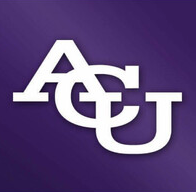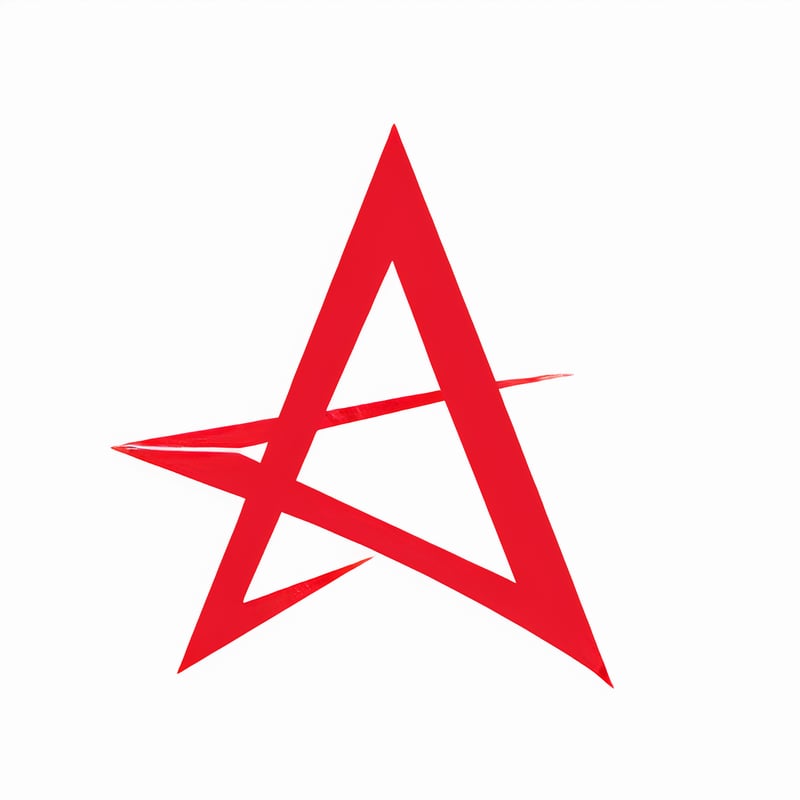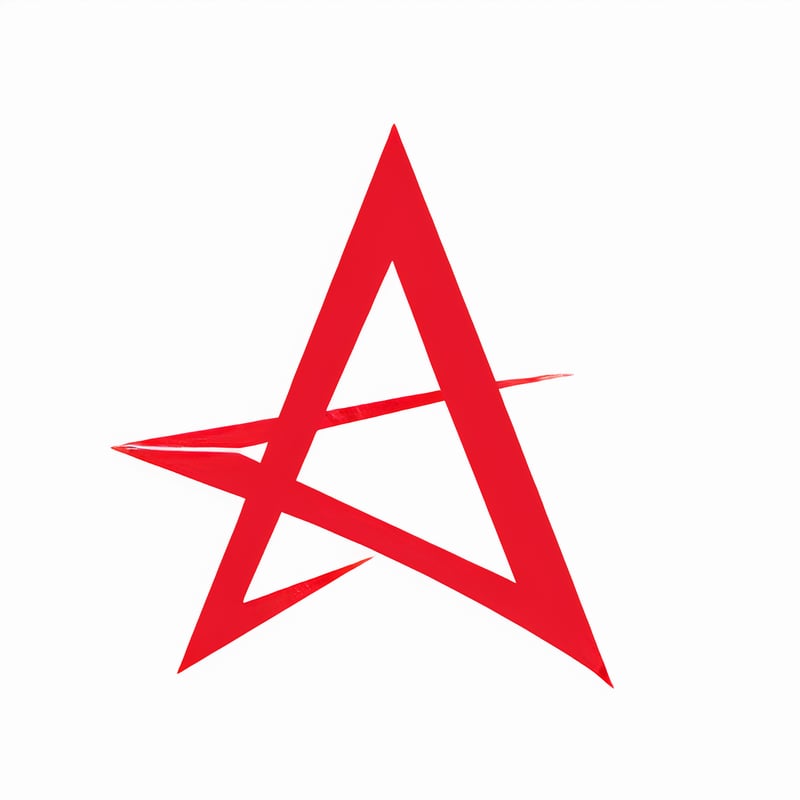
Financial aid (may be available)

Financial aid (may be available)

Financial aid (may be available)

Financial aid (may be available)

Financial aid (may be available)

Financial aid (may be available)
No cost info
$600 total

No cost info
$3,902 total
If you have a passion for helping others and are interested in a career in the field of addiction counseling, then taking drug and alcohol counseling classes may be the right path for you. In Austin, Texas, there are several options available for individuals looking to pursue this rewarding career. In this blog post, we will explore what drug and alcohol counseling is, the training requirements, what to look for in a class, what to expect from day-to-day classes, the certification process, how to find related jobs, and other classes that you can take after becoming a drug and alcohol counselor.

Drug and alcohol counseling, also known as substance abuse counseling, is a profession that involves helping individuals who are struggling with addiction to drugs or alcohol. Counselors work with clients to develop treatment plans, provide emotional support, and help them navigate the recovery process. This field requires a strong desire to help others and a non-judgmental attitude.
To become a drug and alcohol counselor, you will need to complete a training program that is approved by your state's licensing board. These programs can vary in length and format, but typically include a combination of classroom instruction, supervised clinical experience, and completion of a certain number of training hours. In Austin, there are several vocational training programs and community colleges that offer drug and alcohol counseling classes.
When searching for drug and alcohol counseling classes in Austin, there are several factors to consider to ensure you choose the right program for your needs. Here are some things to look for:
Accreditation: Ensure that the program you choose is accredited by a recognized accrediting body. This ensures that the program meets certain standards of quality and that your training will be recognized by employers.
Curriculum: Review the curriculum to ensure that it covers all the necessary topics and skills required to become a drug and alcohol counselor. Look for classes that provide a comprehensive understanding of addiction, counseling techniques, and ethical considerations.
Experienced Instructors: Find out about the qualifications and experience of the instructors. It is important to learn from professionals who have real-world experience in the field of addiction counseling.
Drug and alcohol counseling classes typically involve a combination of classroom instruction, group discussions, and hands-on training. Here are some examples of what you can expect from day-to-day classes:
Classroom Instruction: You will learn about the science of addiction, different types of drugs and their effects, counseling techniques, and ethical considerations.
Role-playing and Case Studies: To develop your counseling skills, you may participate in role-playing exercises and analyze case studies to apply what you have learned in real-life scenarios.
Peer Support: Classes often provide opportunities for students to connect with their peers, share experiences, and build a supportive network.
After completing your drug and alcohol counseling classes, you will need to obtain certification to practice as a counselor. The requirements for certification vary by state, but typically involve completing a certain number of supervised clinical hours, passing an exam, and meeting any additional requirements set by the licensing board. It is important to research the certification requirements in your state to ensure that you are on the right path.
Once you have completed your drug and alcohol counseling classes and obtained certification, you will be ready to start your career as a substance abuse counselor. Here are some places where you can find related jobs:
Treatment Centers: Many drug and alcohol treatment centers hire counselors to work with their clients in both inpatient and outpatient settings.
Hospitals and Healthcare Facilities: Some hospitals and healthcare facilities have counseling programs for individuals struggling with addiction.
Government Agencies and Nonprofit Organizations: Local, state, and federal government agencies, as well as nonprofit organizations, often have positions available for drug and alcohol counselors.
After becoming a drug and alcohol counselor, you may choose to further your education and expand your skill set. Here are some other classes that you can consider:
Mental Health Counseling: Taking classes in mental health counseling can provide you with the skills to work with individuals who have co-occurring mental health and substance abuse disorders.
Trauma-Informed Care: Trauma-informed care classes can help you develop a deeper understanding of how trauma affects individuals and how to provide appropriate support.
Family Counseling: Family counseling classes can provide you with the skills to work with families affected by addiction and help them navigate the recovery process.
Becoming a drug and alcohol counselor can be a rewarding career option for individuals who have a passion for helping others overcome addiction. By taking drug and alcohol counseling classes in Austin, you can gain the knowledge and skills necessary to make a difference in the lives of those struggling with substance abuse. Remember to research different programs, ensure they meet your needs, and obtain the necessary certification to practice. Dreambound can be a valuable resource for finding vocational training programs, including drug and alcohol counseling classes, to help you on your journey to becoming a counselor.
If you're exploring options in this field in various locations, Dreambound's extensive guides are a great resource. We've got detailed insights for numerous cities. check out some additional guides below:
Contemplating a change in your career path? Dreambound has written many comprehensive guides to aid you in making well-informed decisions.
Dreambound's platform allows prospective students to find the right educational program for them through searching, filtering, and connecting with our extensive selection of career & technical education partners.
Dreambound has over 70 programs across healthcare, technology, business, and industrial trades. This includes programs such as Medical Billing, Cybersecurity, and welding.
Some of our schools offer financial aid for those who qualify. Many others offer payment plans, where you can pay the cost of class over time.
Yes, Dreambound offers many online programs. On Dreambound's search, you can filter by online, in-person, and hybrid (part online, part in-person).
Dreambound is completely free for you to use! We are supported by schools and organizations who pay to advertise on our website, so we can offer all of our career resources for free.